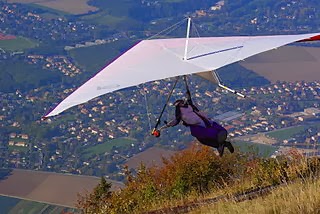What does it mean to be good stewards of our students and their education? In part, I would argue that we need to be mindful of the world they live in and the context of that world for their lives. Too often colleagues (especially in the high school grades) complain the kids aren't able to concentrate or they don't have the skills they used to have or that they aren't as smart as the kids ten years ago or the admissions office has lowered its standards. None of these are true. These kids are not less able, they are differently able. They need an education that takes into account their context and that looks ahead to their adult lives. Stewardship demands we adjust our teaching to their world.
With our mission to inspire and prepare our "graduates to be stewards and leaders of a better world" what are the queries related to excellence in teaching and stewardship?
- Do I put my students first? This might be the most challenging query of all. As teachers, our first response is "of course I do." I would push back and ask, how much of what we do is about us and our needs? When we complain over lunch about a less than stellar class or a student that didn't follow through are we looking to vent or seeking to improve? Do we manage our classrooms to serve our need for control or to foster a learning environment reflective of how our students learn and relate to each other and to their learning? Do we stick to the tried and comfortable because that reinforces our sense of ourselves as the experts?
- Have I stayed abreast of fore ward thinking educational experts who are asking and writing about the kids we teach and ways in which they construct meaning? Do I bemoan what is lost or live realistically and optimistically in my students' present?
- Do I use my students' time with care? What is most important for them to learn? How does what happens in my class weave together with the whole of their experience?
- Does my philosophy and pedagogy help my students to express the school's mission through their lives in this era?
Like the queries on integrity these on Stewardship are only a beginning. However, taken together I hope they provide a means for our conversations to move forward--to unstick us from old paradigms.
Let me know if you have queries to add or would like to challenge these or the previous set. I look forward to the conversation.






